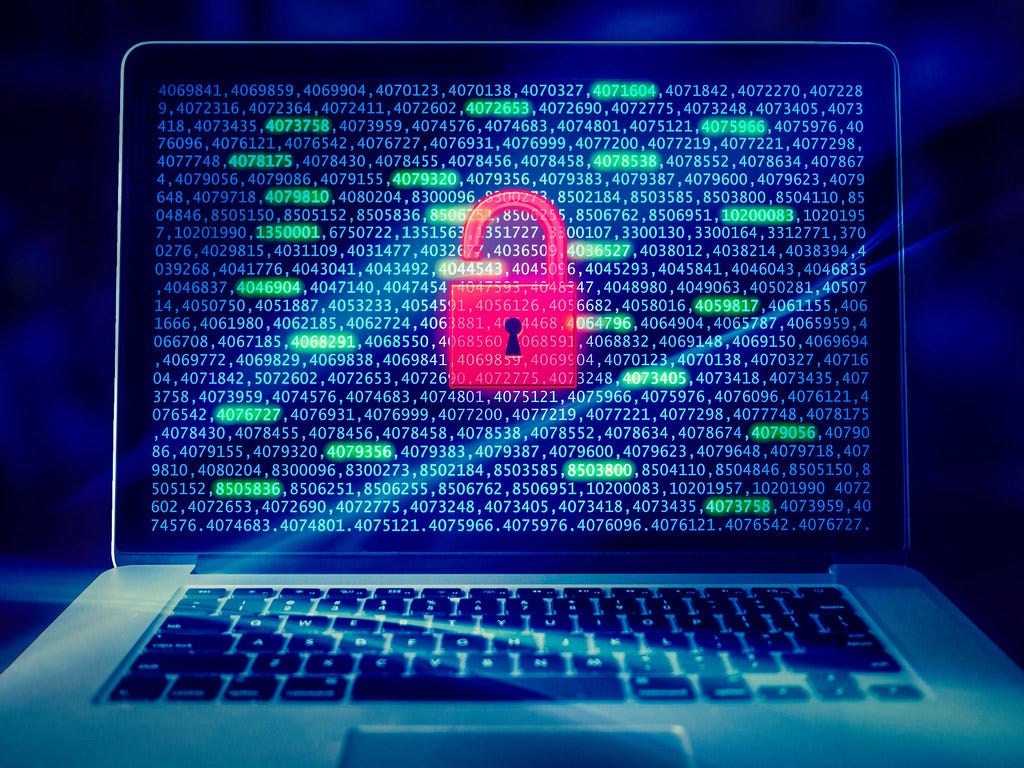This article was originally published by Project Censored on March 2, 2023.
By Allison Butler and Nolan Higdon
As internet and social media users, we know that digital platforms monitor all our clicks, likes, and hovers. We know this because when we do a Google search for say, concert tickets, within moments, concert ticket advertisements start popping up in our feeds. While this may feel slightly cringey, it is also pretty innocent and may actually benefit us if we do, in fact, find a good deal on concert tickets. The reward for this benefit – we found what we were looking for – may encourage us to ignore the more insidious and pervasive forms of monitoring.
It is not clear if you feel the same way about the technology companies your school has contracted to monitor your clicks, likes, and hovers. Maybe your school uses Gaggle, Bark, TurnitIn, Class Dojo, or Illuminate Education. Maybe you are given ‘free’ or low-cost equipment such as ChromeBooks or MacBooks that come with pre-loaded software. Maybe you have learning accommodations and are given a program like Glean to help you transcribe class notes.
If your school contracts with any of these companies’ products and you have, at one time or another, plugged in one of your own devices (for example, you need to charge your personal phone and use your school-issued laptop to do so), you are now sharing your private, personal data with the company that runs the software, the company that manufactured the hardware, your school administrators, and your teachers. You have opened a door that can never be closed: Once you make a single connection between devices, all your information is now accessible to those companies. From now on, if you use any term that is deemed ‘concerning,’ this will set off a series of pings.
‘Concerning,’ by the way, is pretty vague which means that each company can develop their own definition regardless of accuracy or impact on the learning process. Maybe you’re searching song lyrics late at night, and the site from which you are searching is connected to the software provided by your school, and you enter a word that is deemed ‘concerning.’ Your teacher, and possibly local law enforcement, will get pinged and you may be registered as a person of concern. If you are economically unstable or of color, studies have shown that you are more likely to receive this ping for a wider variety of ‘concerning’ terms’. Research shows that big-tech platforms and programs are designed in a way to reinforce inequities and justify the disproportionate policing of people of color.
Schools and big-tech claim that these pings are designed to protect you and your classmates. For example, in the wake of mass school shootings, these technologies are touted as prevention tools: The next school shooting can be prevented by monitoring students’ online communications, even outside of school hours and even on their own devices. However, there is no evidence that this monitoring actual decreases acts of violence.
It is not clear if the hardware and software that surveils your searches and postings gathers your data for your safety, but what is clear is that these companies analyze and aggregate your data so it can be monetized and weaponized. Tech-companies’ analysis of data is sold to data brokers, governments, industry, researchers, and any other party offering to pay the right price. Technology companies view you as the product and your privacy is a wall to their profits. They put a positive spin on eroding your privacy so they can share your innermost details with the highest bidder.
These technologies ostensibly make the school environment safer for you and make grading and academic progression more convenient for your teachers. However, there is a dearth of evidence to support that claim that these technologies improve the learning process. What can you do about this? Admittedly, your options are limited. We live in a world where digital technologies are not a luxury; they are a necessity. ‘Limited options’ don’t mean nothing! There are small changes you can make that add up to big differences:
1) Work really hard to keep your personal devices separate from your school devices; only use your school computer for school tasks.
2) Turn off notifications on your phone; instead of letting all that information passively wash over you, exercise your agency to choose to seek it out. This way, you are more in control of what you watch, read, and listen to.
3) Clean out the cache on your phone/computer regularly. This clears out some of tags that monitor you.
4) Check in with your parents/guardians, teachers, and school administrators: What do they know about these technologies and their surveillance tactics? Are there options for greater privacy control?
ALLISON BUTLER is a Senior Lecturer, Director of Undergraduate Advising, and the Director of the Media Literacy Certificate Program in the Department of Communication at the University of Massachusetts Amherst where she teaches courses on critical media literacy and representations of education in the media. She is a contributor to the forthcoming book The Media and Me: A Guide to Critical Media Literacy for Young People.
NOLAN HIGDON is an author and university lecturer at Merrill College and the Education Department at University of California, Santa Cruz. He is the author of numerous books and is a contributor to the forthcoming The Media and Me: A Guide to Critical Media Literacy for Young People.





